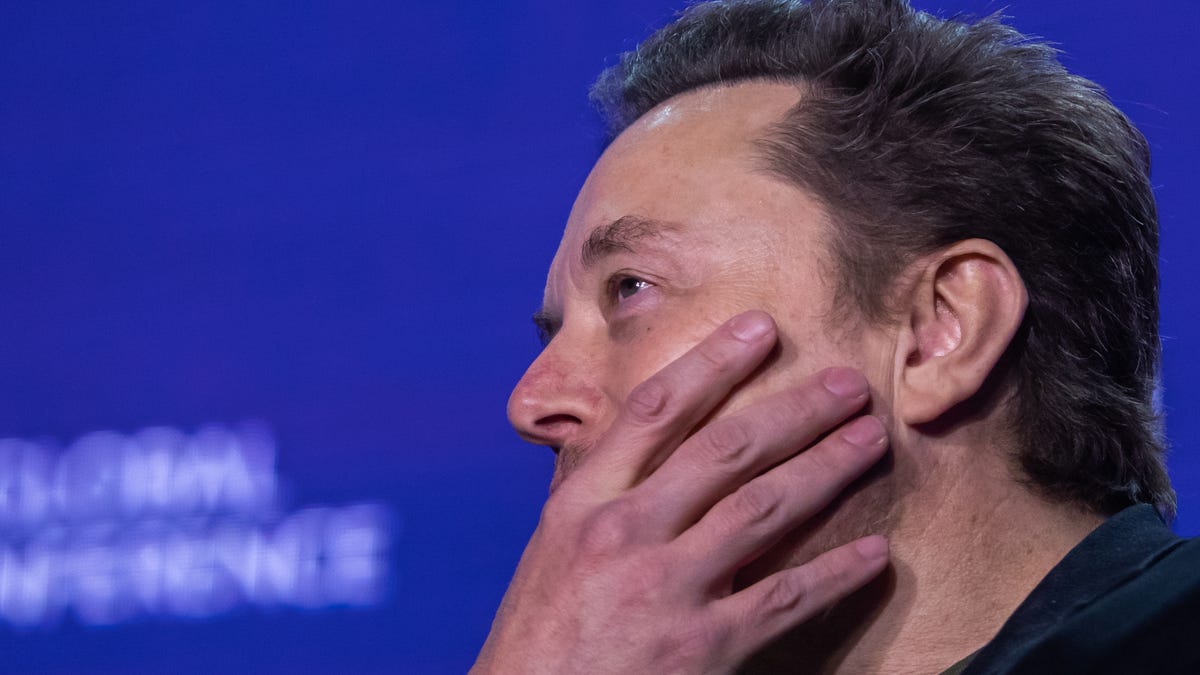The regulatory arm of the European Union on Friday said Elon Musk’s social media platform breached its rules for advertising transparency, data access for researchers, and keeping users informed.
The European Commission’s decision comes months after it began investigating whether X — formerly known as Twitter before Musk purchased the social media company in October 2022 — violated the Digital Services Act (DSA). The law focuses on ensuring major digital platforms, and their owners, protect user privacy and prevent harmful content from spreading across the internet.
The commission said X had not complied with its rules requiring transparency over advertising, noting that it doesn’t provide a searchable database for advertisements, unlike other companies. Meta’s Facebook, for example, maintains an ad library where users can search for any ads that have run in the E.U. over the past year, as well as any ads focusing on political or social issues over the past seven years.
Musk’s platform has also been accused of failing to provide researchers with access to public data. The commission pointedly refers to Musk’s decision to put X’s application programming interface — a tool granting researchers access to some 10 million posts each month — behind an expensive paywall, which put a stop to at least 100 research projects.
The commission also found that X’s verification system deceives users into believing some accounts are legitimate. After Musk took over X, the company took away the blue checkmarks that designated legitimate and notable users. Now those checkmarks are tied to subscription accounts that anyone can purchase. “There is evidence of motivated malicious actors abusing the ‘verified account’ to deceive users,” the commission noted.
“Back in the day, BlueChecks used to mean trustworthy sources of information,” Thierry Breton, the E.U. commissioner for the internal market, said in a statement Friday. “We also consider that X’s ads repository and conditions for data access by researchers are not in line with the DSA transparency requirements.”
Musk on Friday issued a series of remarks in response to the decision. In reply to Breton’s post on X about the blue checkmarks, Musk asked, “How we know you’re real?” In another post he called the DSA itself “misinformation.”
“The European Commission offered 𝕏 an illegal secret deal: if we quietly censored speech without telling anyone, they would not fine us,” Musk wrote Friday. He also accused the “other platforms” of accepting such a deal. It’s not clear exactly who he is referring to.
Musk continued to add fuel to the fire, writing that X looks forward to a “very public battle in court, so that the people of Europe can know the truth.”
In his own statement replying to Musk, Breton wrote that “There has never been — and will never be — any ‘secret deal’. With anyone.” He noted that the DSA allows any large platform the possibility to offer committments to help settle a case, adding that X asked the commission to clarify its concerns and explain the settlement process.
The regulatory arm’s findings are preliminary and X has the chance to respond to its decision. If the commission affirms its preliminary findings, X could be fined up to 6% of its total worldwide annual turnover and ordered to take measures to address the E.U.’s concerns.
The commission has been busy in recent months, taking on a slew of tech giants. Besides X, the E.U. has accused Apple, Microsoft, and Meta of violating its anti-competition law, the Digital Markets Act.

